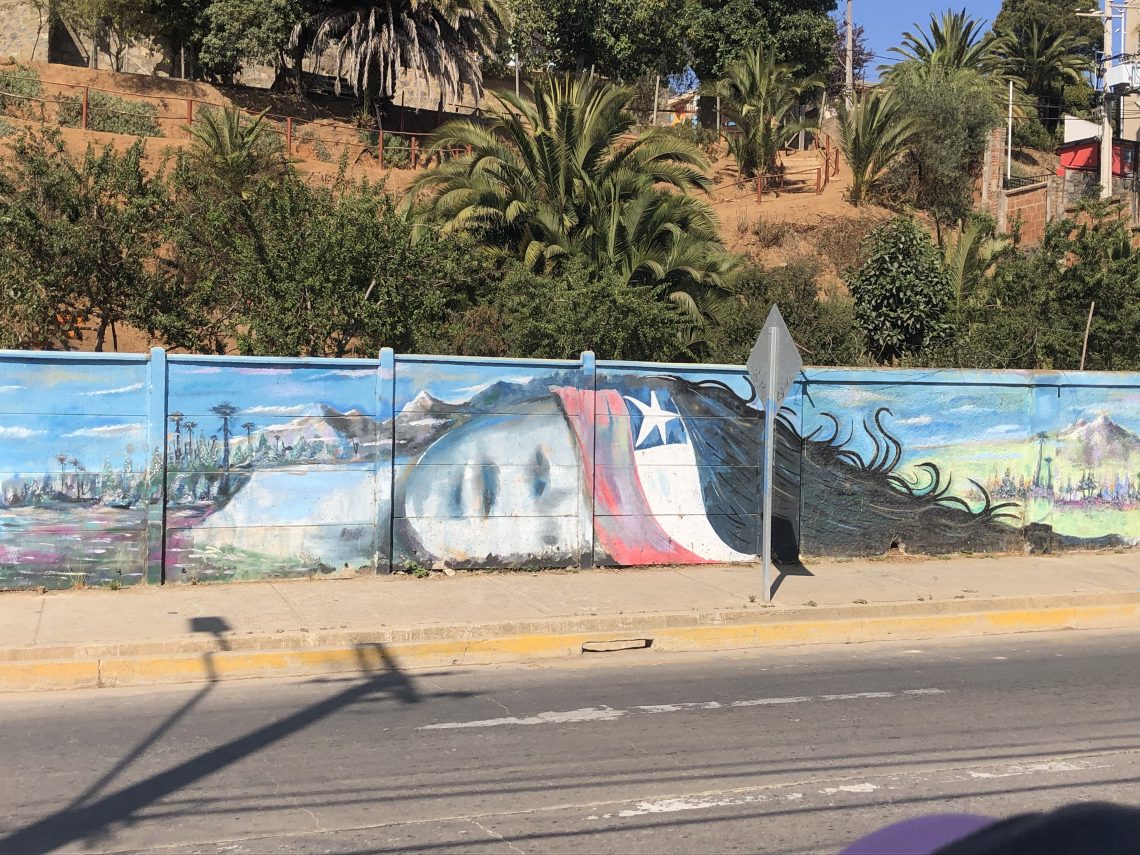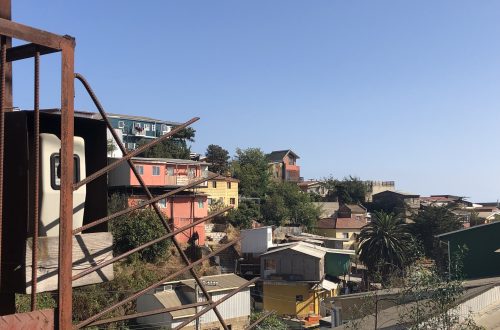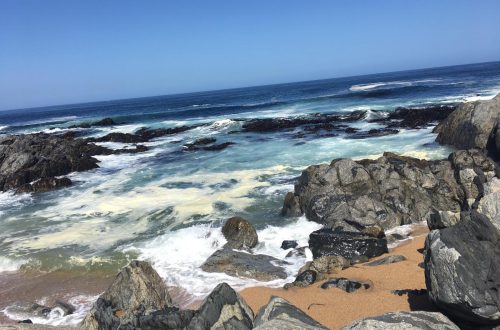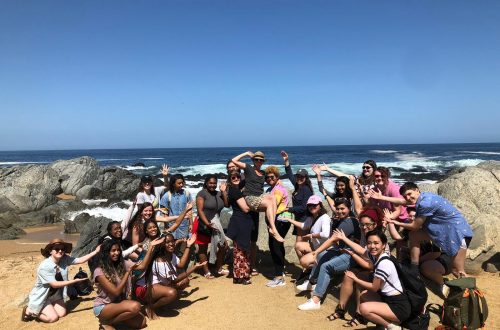by Franz Fanon
1-Define Manichaean thinking in your own words. Based on this text, explore ways in which Manichaean thinking expresses itself in relation to race (pp117), religion (pp118), and economics (pp119).
Manichaean thinking is when the world is divided clearly into two, good and evil, black and white. No grey, no in the middle, just two sides that are absolute opposites. Colonizers and the colonized are two such sides where one is right and one is wrong. In “The Wretched of the Earth,” Fanon describes the colonial world as a Manichaean world, with the colonist making the colonized the evil of the two. In this scenario the colonized is also the “native,” the people who aren’t white, who aren’t even considered human by the colonizer. Race becomes the defining factor in whether or not a person is evil or not. Because the colonized are considered the evil that must be changed or completely erased, the colonizers will force their values, beliefs, and practices on them, all in the name of “civilizing them.” They claim that the erasure of the colonized’s culture is not a “regression,” but helping them learn “reliable” and “worthwhile” things instead. In terms of economy, Fanon talks of how the imperialist nations make their wealth off of the colonized, that “the riches which are choking it are those plundered from the underdeveloped peoples.” (Fanon 119). Because of this the colonized do not accept any future aid as “charity,” because it is them who made the colonizers rich and successful in the beginning, and so it is them who owe the colonized.
2-Define the concepts of ‘freedom-fighting’ and of ‘terrorism’ in your own words (pp121). Make an argument connecting contemporary political discourse in the United States about terrorism and illegality with ideas explored in this text (particularly the fight for independence in Algeria in 1958 seen as “terrorism” and the Hungarian uprising in 1956 seen as “freedom-fighting”). What lurks behind these classifications?
The term “freedom-fighting” makes me think of every iconic underdog, who we can see is clearly in the right against this big bad evil villain, even if they are opposing the status quo or even the law. The word “terrorism” makes me think of 911 and bombers, radicals, and people who want to cause large amounts of panic, fear, and death. Fanon’s definitions describe “freedom-fighters” as the uprisers who are privileged, white, and seen as the good guys. Meanwhile “terrorism,” or the “terrorists,” are the uprisers who aren’t white and are immediately dubbed “evil,” because they are not white and have been shunted into that villainous narrative. This is definitely a theme that is present in current American politics and media. I remember watching the news after a big flood wiped out a town and people were stranded and had lost all of their things. In one article there was a picture of a white family inside an abandoned store, taking food and drinks. The news described them as brave survivors who were searching for food. At the same exact time there was a picture of an African American family doing the exact same thing, but the news had described them as scavengers who were stealing supplies. Two very different stories of the same situation, with the white family being inherently good, and the African American family being inherently evil. There is an insidious plan in place here, that creates this narrative that African Americans are dangerous, and villains, with everyday media that people see and ingest enforcing this belief, without ever realizing the way they are being influenced to believe this picture.
3-Make an argument about colonization and decolonization as it pertains to the history of Chile–be it the encounter of natives with Europeans or the events of the dictatorship. Include one quote (minimum) from “The Wretched of the Earth” (MLA style). Please also use ‘The Chile Reader’ and other academic sources to be able to name historical figures (make sure you spell names correctly) and to support your line of thinking. Avoid vagueness and grand statements. Be specific and historically accurate. (250 words)
When Pinochet overthrew President Allende in 1973 and began his regime as a dictator, he brought about an era of oppression, fear, and change. He attempted to colonize the citizens of Chile who opposed him to create a Chile that he believed would be successful and prosperous, just at the expense of thousands of lives. It may not have looked obviously like previous attempts at colonization, with white men killing and enslaving the locals and enforcing their own ethics, values, and beliefs, but Pinochet did divide Chile in two. Those who supported him, and those who didn’t. The people who did helped him to oppress the other side and enforce the new rules and values. He upturned any previous plans or improvements made by Allende and framed his takeover as necessary for the well being of the people and the country. It may have been through official channels, with government employees, down to the police officers on every street, but as Fanon said in “The Wretched of The Earth,” “In the colonies, the official, legitimate agent, the spokesperson for the colonizer and the regime of oppression, is the police officer or the soldier.” (Fanon 115). During Pinochet’s reign, he turned every system and organization in place that was meant to protect and support the people, into weapons against them. He suppressed the other political parties and he had those who disagreed with him kidnapped, murdered, tortured, or exiled, leaving more than 3,000 dead or missing, and more than 200,000 in exile after his reign. So those who opposed him became the oppressed, the colonized, who were under the control of Pinochet and his government, the colonizers.
Image: picture of graffiti in Santiago, Chile taken by me.





